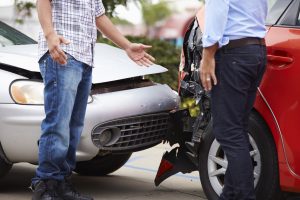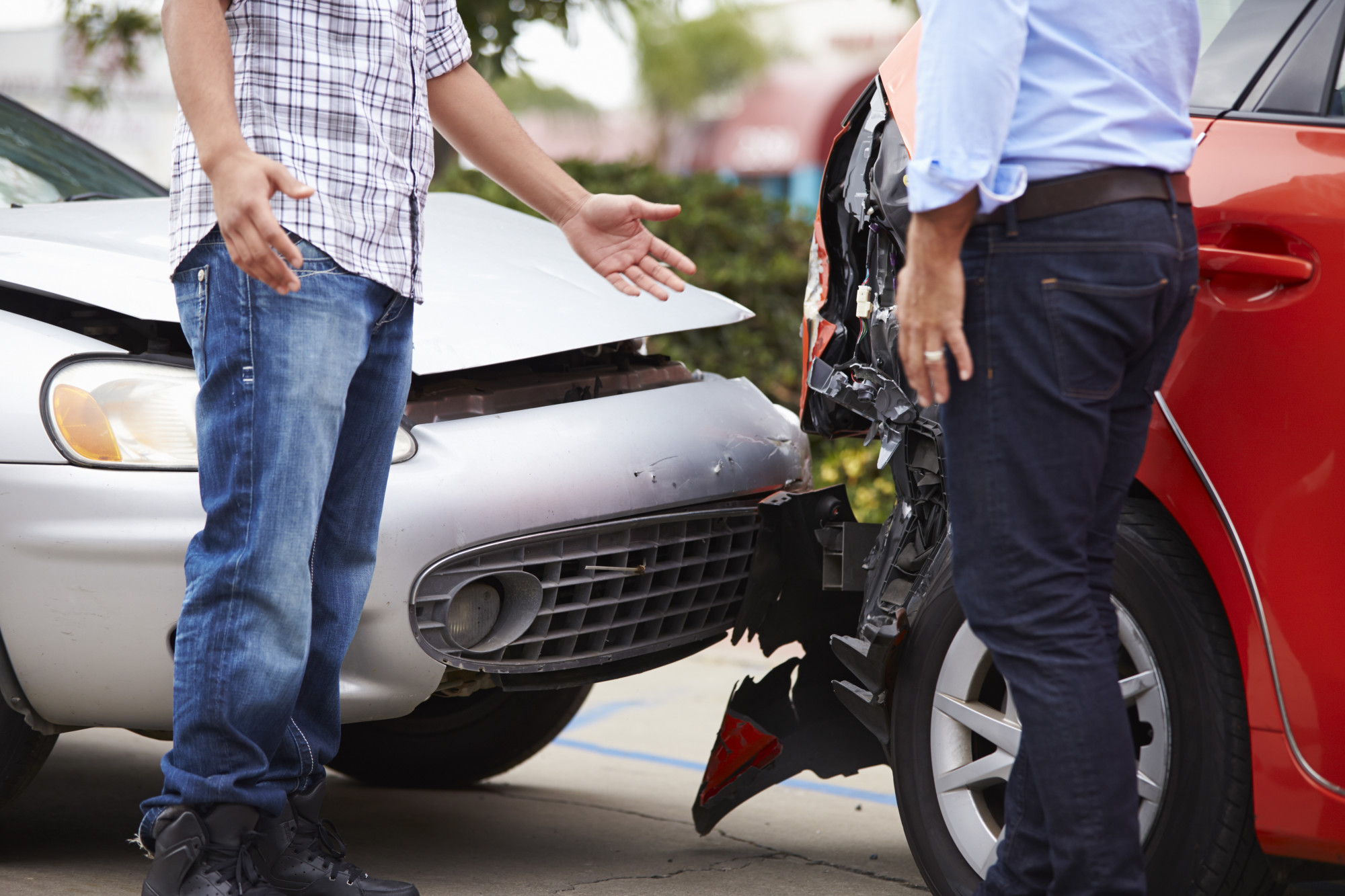
There will be times that you will be called on to give a speech to an audience that may have a lot of emotion invested in what you will be talking about. As a speaker, it is important that you know what you are getting into. Somehow, your audience has gotten themselves into a situation where the topic that you’ll be covering means a great deal to them. In these situations, you’re going to want to take it slow and make sure that you present the information that you have in a calm, rational manner. Let’ take who is responsible for an auto accident as an example and see how best to go about doing this.
Learning how to drive is one of the best experiences. Whether you’re a ready-to-go teen or a middle-aged worker tired of public transportation, driving lessons will make you happy.
Unfortunately, no one wants to think of the dangers awaiting on the highways. Although it gets addressed by instructors, nothing prepares you for your first car wreck.
Since some people are better drivers than others, it’s important to understand driving is a privilege and responsibility.
If you’re involved in a car collision determining who is at fault will impact your life in more ways than one.
Who Is at Fault in a Car Wreck?
Determining who is at fault in a car wreck is key. The person at-fault may be liable for injuries incurred by the passengers or the other driver. Personal injury sustained in an automobile accident can lead to damages accumulating. Filing a claim for monetary compensation happens after finding out who caused the accident.
In some instances such as a rear-end collision, the driver who crashed into the back of the front driver is usually considered at-fault. But not all crashes are simple.
An investigation begins to determine who’s at fault in the collision.
Who Is Responsible for Finding the At-Fault Driver?
Deciding who caused a car accident may involve 2 or 3 of the following entities. The police, the insurance company adjuster, and the court may play a part in finding the at-fault driver.
Police Report
Reporting the accident to the police begins the investigation. An officer gets dispatched to the scene. The cop interviews the drivers, passengers, and witnesses. He or she will survey the damages and injuries for the report.
The police report might include who’s at-fault based on the interviews or admittance by the driver. But not all police reports mention the at-fault driver. Nor does an officer’s mention of the at-faulty driver mean the courts will hold that driver responsible for the damages.
The police may write a citation. A citation states the driver broke a traffic law such as speeding. Some citations carry points, a fine, and an appearance in traffic court.
Appearing in traffic court can get used as evidence to prove negligence.
After the police officer gathers all the necessary information, the accident report gets finished.
The drivers pick up a copy of the police report for their records. Sometimes the auto insurance company adjuster will ask the insured to forward a copy.
Insurance Company Adjuster
Once the police gather information and injuries get treated, the drivers should contact their auto insurance provider. The insurance provider opens the claim. An insurance adjuster investigates the claim.
The insurance adjuster manages the investigation of the car wreck and settling the claim. Both insurance adjusters investigate to decide who is at fault.
Many of the steps covered by the police officer are redone by the adjuster. These tasks include:- Interviewing the drivers and witnesses
- Reading the medical records
- Reviewing the vehicle damage
- Reviewing insurance policy information for all drivers
The insurance adjuster assigns the fault of the accident. They determine fault by reviewing the negligence of the driver. Drivers are negligent by ignoring traffic laws such as red lights, stops signs, or passing over a double yellow line. In some cases, many drivers are held responsible.
The cost of the accident gets based on the percentage each driver shares in the fault of the collision. The type of insurance coverage each person holds determines how the cost is paid.
The Court
Depending on the circumstances of the car crash, you may file a claim to receive monetary compensation. The court decides if the defendant was negligent.
If you want to pursue compensation, consider hiring a car accident attorney. Car accident attorneys know what to expect.
When it’s a complicated case you don’t want to risk representing yourself in court.
The legal process is long and may be difficult for a person to maneuver alone.
The courts will want to hear arguments and examine evidence from both lawyers. Drivers, witnesses, and experts may get called to testify.
Not all evidence is allowed. But it’s up to the judge or jury to assign fault in the case. The information from the police report and insurance company don’t determine the court case’s outcome. However, a traffic citation may persuade the court to find the driver negligent.
Hire a Car Accident Attorney
Hiring legal counsel offers benefits, especially if you’ve sustained injuries. Some of those include the support of a seasoned professional, help with legal forms, explanation of the lawsuit process, and more.
Moreover, a car accident lawyer can help you understand the value of your personal injury case. He or she will give you the necessary information to strengthen your case.
The accident lawyer will review the documentation from the police report, medical records, and the insurance companies.
When choosing your accident attorney ask the right questions. Learn how long the lawyer has been practicing as an accident attorney. Try to hire a lawyer with 7-10 years of experience.
Find out the success rate of his legal firm. If a lawyer wins more than loses, it’s a good sign. Read reviews and testimonials to ensure real clients have used the firm’s services. Also, ask for referrals from trusted friends or family. But set up a consultation to make your judgment.
Rest Assured
Experiencing a car wreck is a stressful ordeal. They put lives at risk and threaten your freedom.
Learn more about handling an accident from reading our blog.

